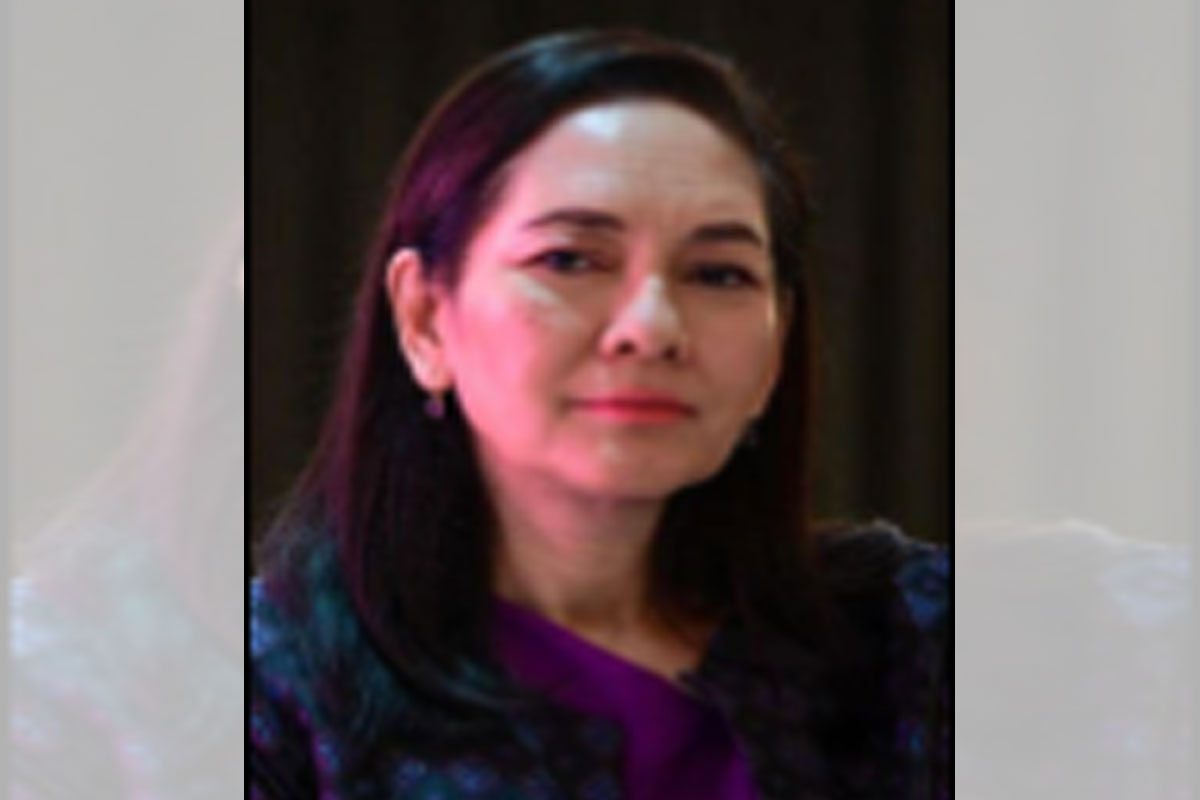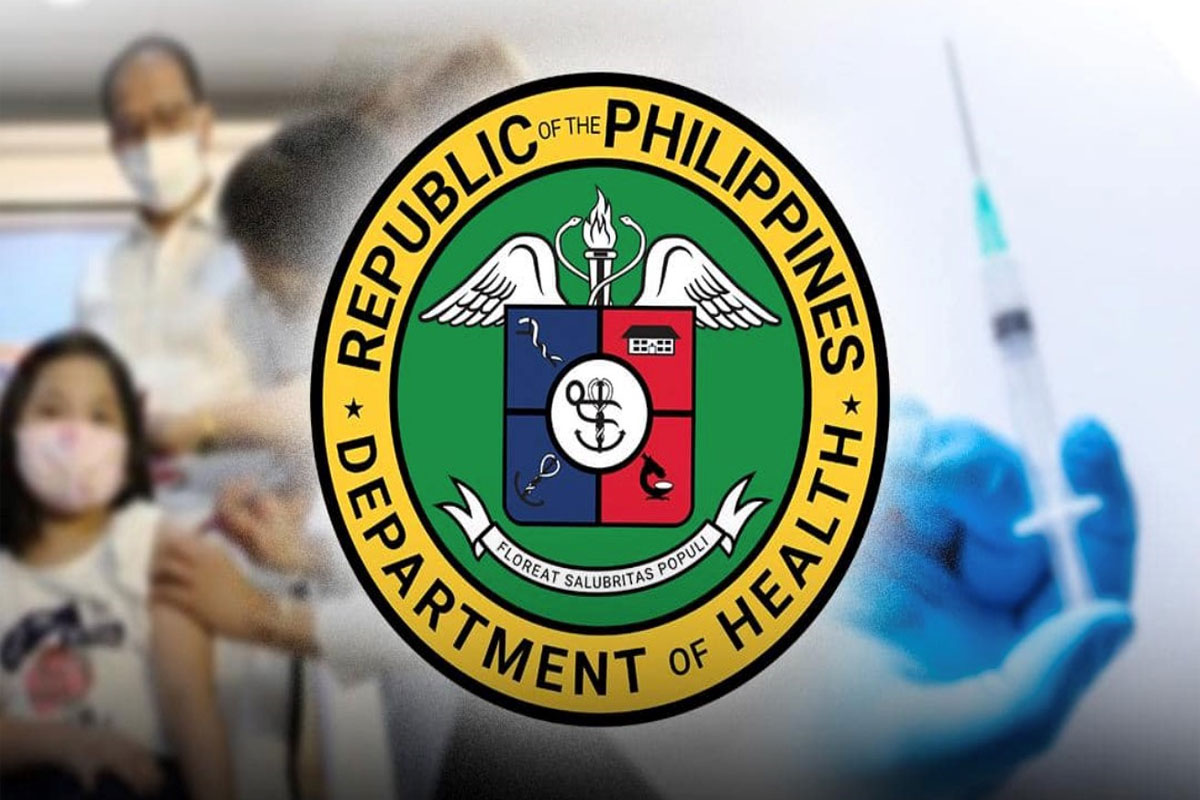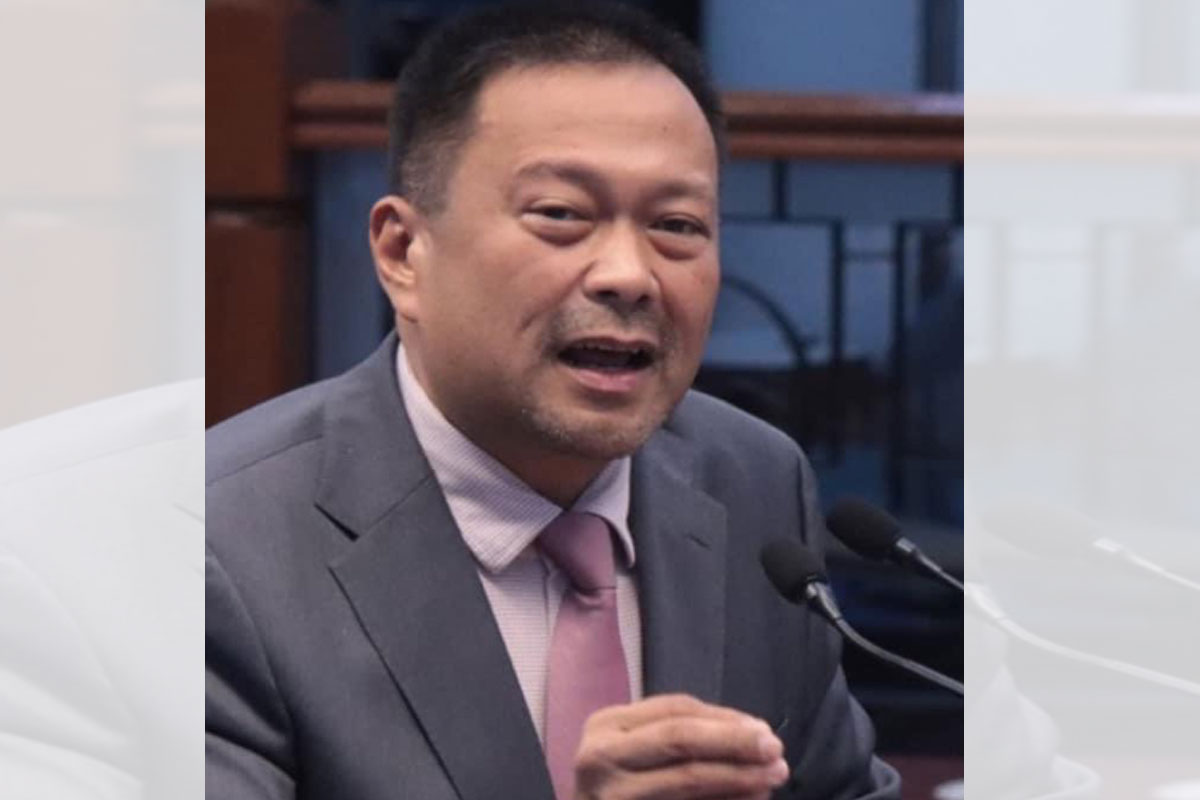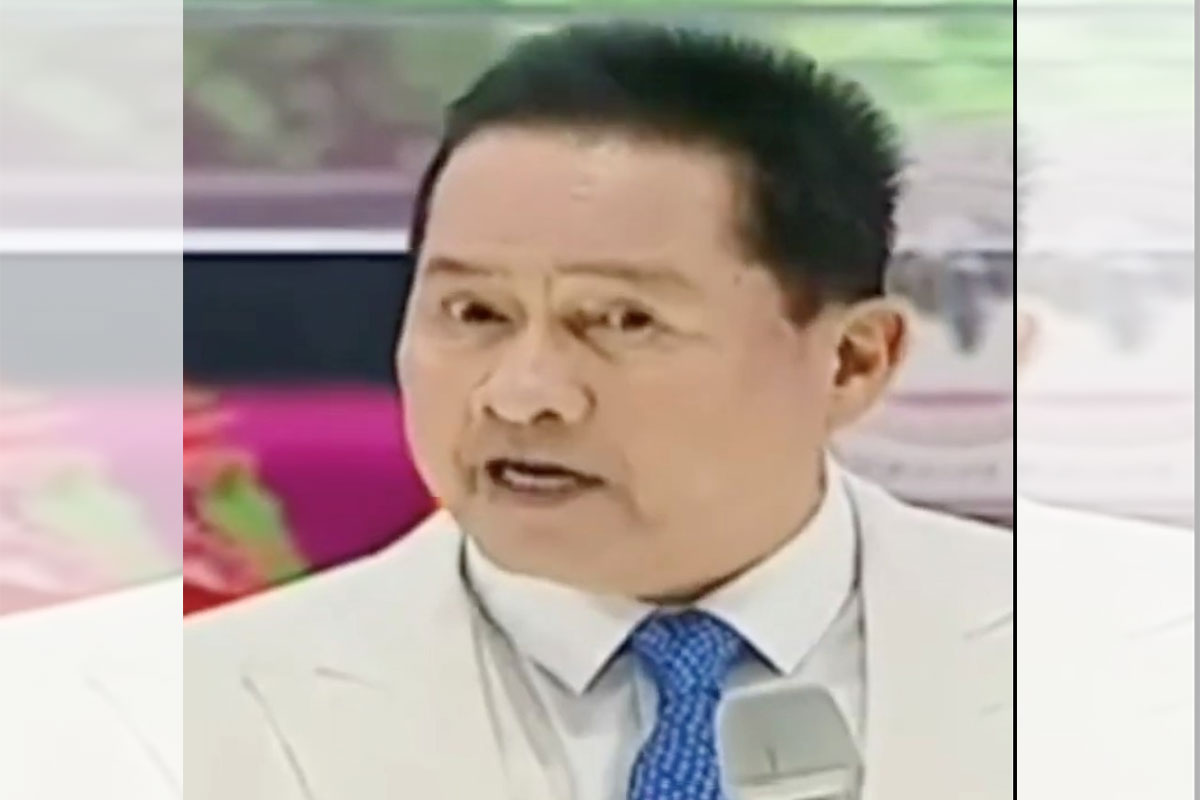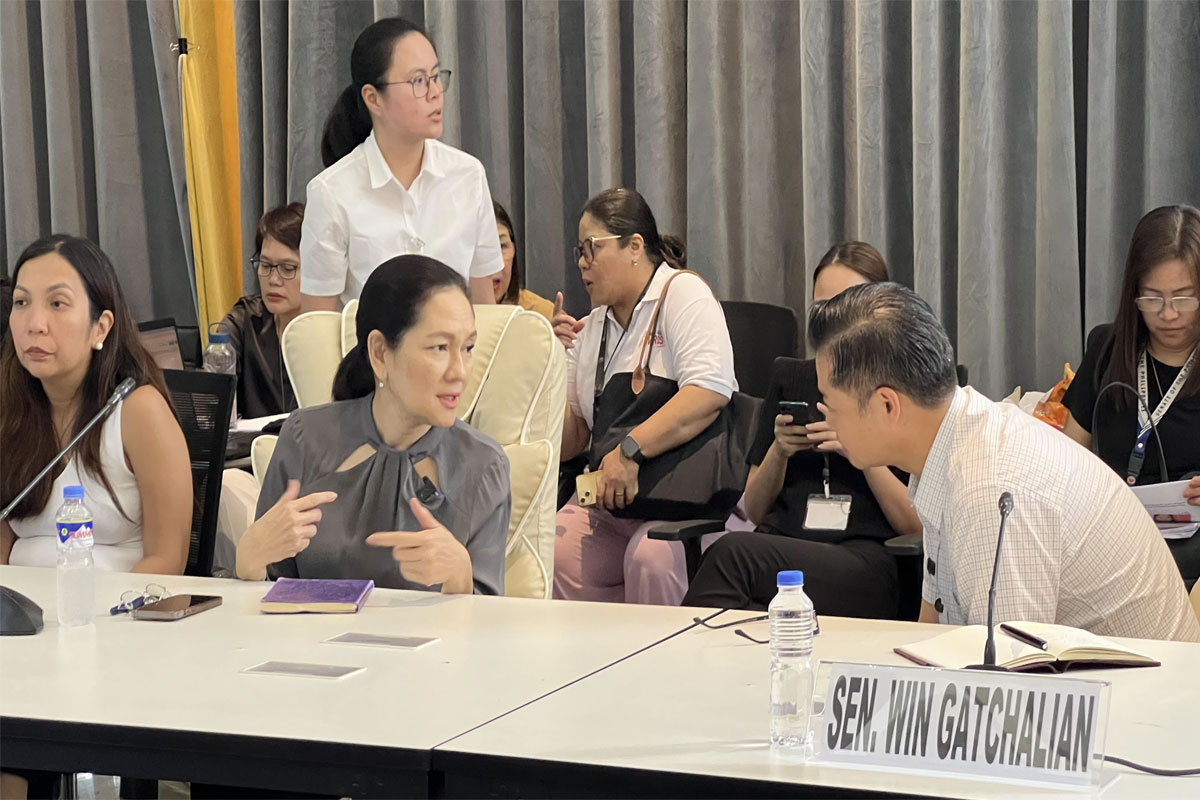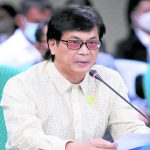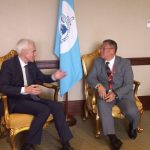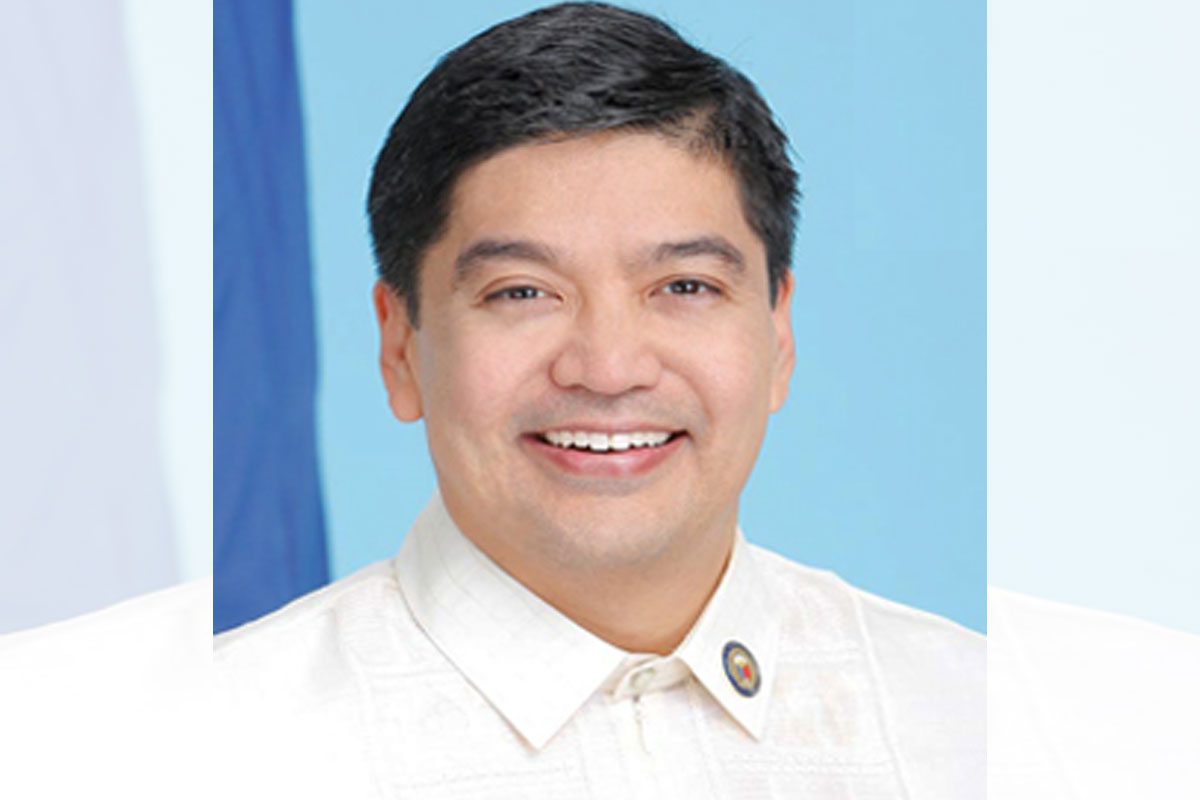
LRay eyes tourist welfare tax
To fund information, assistance desks for travelers
CAMARINES Sur Representative and National Unity Party (NUP) president LRay Villafuerte is seeking the collection of a tourist welfare tax from foreigners who are each staying for less than two months in the country, the earnings from which are to augment government funds for providing and upgrading such services as information and police assistance desks for our visitors.
The rest of the collections from this proposed entry tax for foreign tourists are to go to the Tourism Infrastructure and Enterprise Zone Authority (TIEZA) for improving services in tourism infrastructure as well as to the tourism offices of local government units (LGUs) for developing or leveling up their respective tourist-friendly programs, according to Villafuerte, who had served as three-term CamSur governor before his election as a legislator.
Villafuerte seeks in House Bill (HB) No. 5285 the collection of a Tourist Welfare Tax of US$25 from every foreigner visiting the Philippines for tourism and leisure and staying here for a period of not more than 60 days, and this levy shall be tucked in the cost of his or her airline ticket.s
In HB 5285, Villafuerte proposes that “this tourist tax shall be reflected in official receipts (ORs) issued by international and domestic carriers, and which shall then be handed over to the Department of Tourism (DOT) for the development of tourist welfare services, improvement of TIEZA’s services in tourism infrastructure, and for upgrading the programs of LGU tourism offices in their respective localities.
Upon this Act’s effectivity, the ex-governor said that LGUs are mandated to each devise a five-year local tourism development plan, which shall include the adoption of measures that are geared towards the safety, security and welfare of tourists.
HB 5285 is pending with the House Committee on Ways and Means.
“Tourism has been a growing force in the Philippine economy,” said Villafuerte, whose province was at one time declared by the DOT as the country’s no. 1 destination on his watch as governor.
“The industry has contributed a total of P2.85 trillion to the local economy in 2016, almost 20% of our GDP (gross domestic product,” he said. “In 2017, the DOT recorded over 6.6 million tourist arrivals, posting an 11% growth from the previous year. The industry performed well in 2018 and 2019 with a respective rise of 16% and 17% in tourist arrivals, but the momentum was disrupted the following year with the advent of COVID-19,” he said.
Hence, he filed HB 5285 “to build on the growth of the tourism industry in the Philippines by generating funds for the improvement of tourist welfare services in the country. A fixed rate of US$25 will be collected from every tourist traveling to the Philippines and staying for less than 60 days.”
In anticipation of inflationary pressures in the future, he said HB 5285 provides for an adjustment of the tax rate five years after the effectivity of this Act.
The bill also includes a tax refund option for erroneously charged tourists and, as an incentive to high-spending visitors, for those who have each spent over US$10,000 or its peso equivalent in tourism receipts during their stay in the Philippines.
Moreover, he said HB 5285 exempts from paying this proposed tourist welfare tax: (1) foreigners who enter the country on work visas, and (2) tourists who stay for more than 60 days “in order to encourage long-staying, high-spending tourists to visit the Philippines.”
Villafuerte pointed out that our government imposes a travel tax on Filipinos traveling abroad without a similar imposition to foreigners visiting the Philippines, while neighboring states tax foreigners, including Filipinos, flying into their countries.
“The fixed rate of $25 is proposed to be competitive with that of the current taxes other countries have set,” he said. “This is mainly based on the average rates of entry and exit taxes imposed by Asian countries such as Thailand, Indonesia, Brunei, Sri Lanka, Cambodia, Hong Kong, and China.”
He explained that the collection of entry and exit taxes had been imposed by other countries on visiting foreign nationals in order to boost their respective tourism development funds.
“This is more commonly collected from travelers flying into a country, where the fee is incorporated into the airline ticket price. In this proposed bill, we follow the same standard of including the Tourist Welfare Tax, as it is called in HB 5285, in the airfare prices,” he said.
To be known as the “Tourist Welfare Act,” HB 5285 recognizes Philippine tourism as “an indispensable element of the national economy and an industry of national interest and importance, which must be harnessed as an engine of socioeconomic growth and cultural affirmation to generate investment, foreign exchange, and employment, and to continue to mold an enhanced sense of national pride for all Filipinos.”
The bill aims for “the State to recognize sustainable tourism development as integral to the national socioeconomic development efforts to improve the quality of life of the Filipino people, providing the appropriate attention and support for the growth of this industry.”
HB 5285’s objectives are to:
· Promote improved tourist services in the country and tourism awareness among Filipino nationals;
· Provide adequate tourist services to visiting foreign nationals by improving ports of entry and exit in the country;
· Enhance security for visiting foreign nationals and Filipino balikbayans through transportation and road developments, improved emergency services, and training and development of tourist police;
· Foster the general well-being and welfare of visiting foreign nationals; and
· Develop specialized tourist services for persons with special needs and persons with disabilities (PWDs).
To achieve these goals, Villafuerte’s bill proposes the following sharing of the earnings from the would-be tax on foreign tourists:
· Thirty percent (30%) of the collections shall be devoted to initiatives on improving tourist welfare service, such as existing and would-be Tourist Information and Assistance Desks, and on Tourist Police training and development program;
· Forty percent (40%) for the DOT’s use to enhance its programs for improving services in airports and ports, road development projects, and improvement of the country’s emergency response capability; and
· Thirty percent (30%) of the tourism infrastructure programs of LGUs to encourage the development of local tourism programs.
The bill exempts the following visiting foreigners from paying this tax:
· Foreign visitors traveling in the country for more than 60 days but not more than one hundred eighty 180 days;
· Foreign visitors in the country engaging in official business and have been issued Work Visas or Permits;
· Foreign visitors in transit to another destination and who are staying in the country for not more than 24 hours;
· Foreign visitors traveling in the country for more than 60 days but not beyond 180 days;
· Foreign retirees with valid Special Retiree’s Resident Visas issued by the Bureau of Immigration (BI);
· Overseas Filipino Workers (OFWs) returning to the country permanently or for vacation;
· Foreign students in the country for excursion or immersion who have been issued Student Visas;
· PWDs;
· Children under the age of 12 who are accompanied by guardians or adults and those under the age of 15 who have secured Waivers of Exclusion Ground (WEGs) from the BI, and allowed admission to the country; and
· Officials and heads of foreign States visiting the Philippines.
The bill requires all domestic carriers and international carriers with flights to the Philippines to act as operators who shall incorporate the tourist tax into the cost of flights to any port of entry in the country, and to oversee the collection of this levy accordingly.
As required by the bill, these operators shall register with the Bureau of Internal Revenue (BIR) as the withholding agent, and remit the tourist tax collections to the BIR, as mandated by the National Internal Revenue Code (NIRC), as amended.
As for refunds, HB 5285 states that “any person who has erroneously paid or overpaid any tourist tax charged against them may lay claim thereof within three (3) years from the time the erroneous payment or overpayment occurred.”
The refund may be filed by the concerned tourist at the headquarters of either the DOT or TIEZA or in any of their local or satellite offices.
“Foreign visitors who have spent more than $10,000, or its equal in Philippine pesos, in purchases of goods and services with DOT accredited tour operators shall also be entitled to a refund of the tourist tax and may lay claim thereof,” says the bill.
The bill mandates the DOT, TIEZA, and BIR to coordinate with each other the implementation of this tourist tax as soon as it is signed into law, and to supervise its collection.
Following this Act’s approval, the respective Secretaries of the DOT and Department of Finance (DOF), commissioner of the BIR, and director of TIEZA are directed to jointly promulgate the implementing rules and regulations (IRR) within 30 days from its effectivity.







